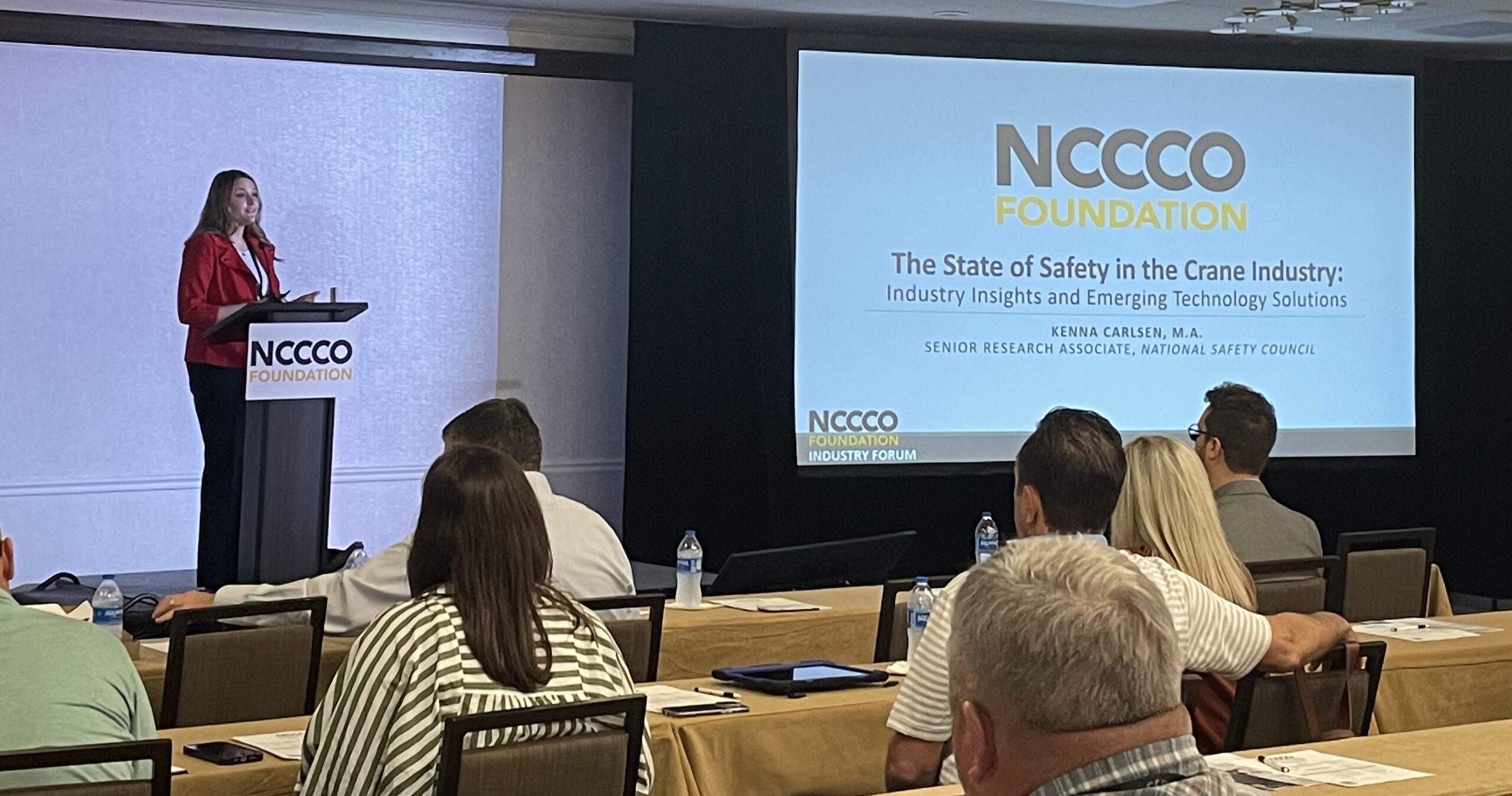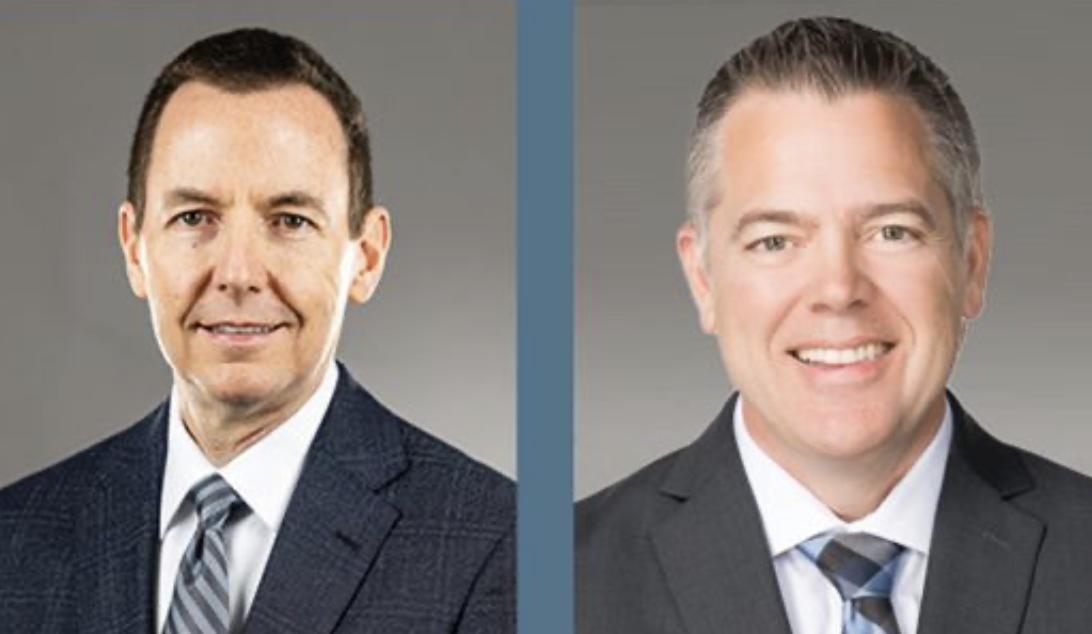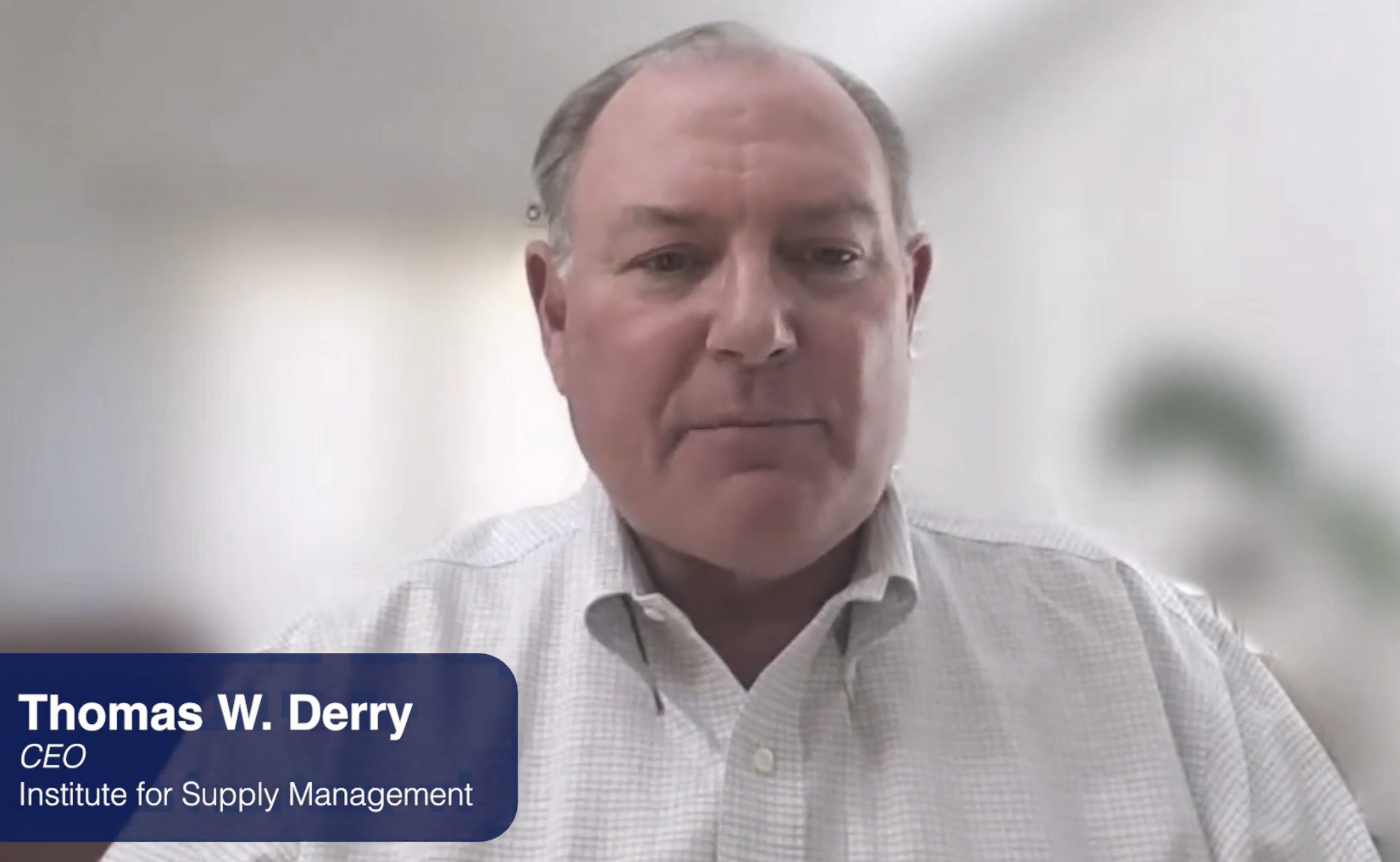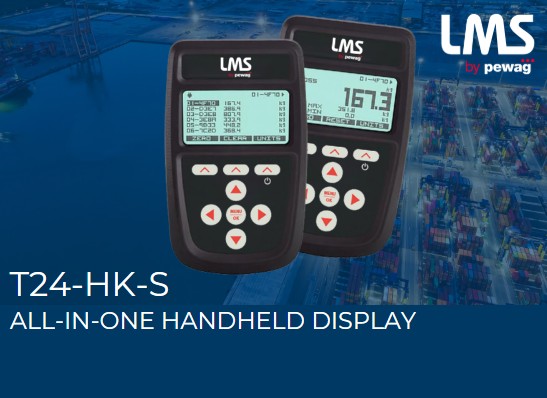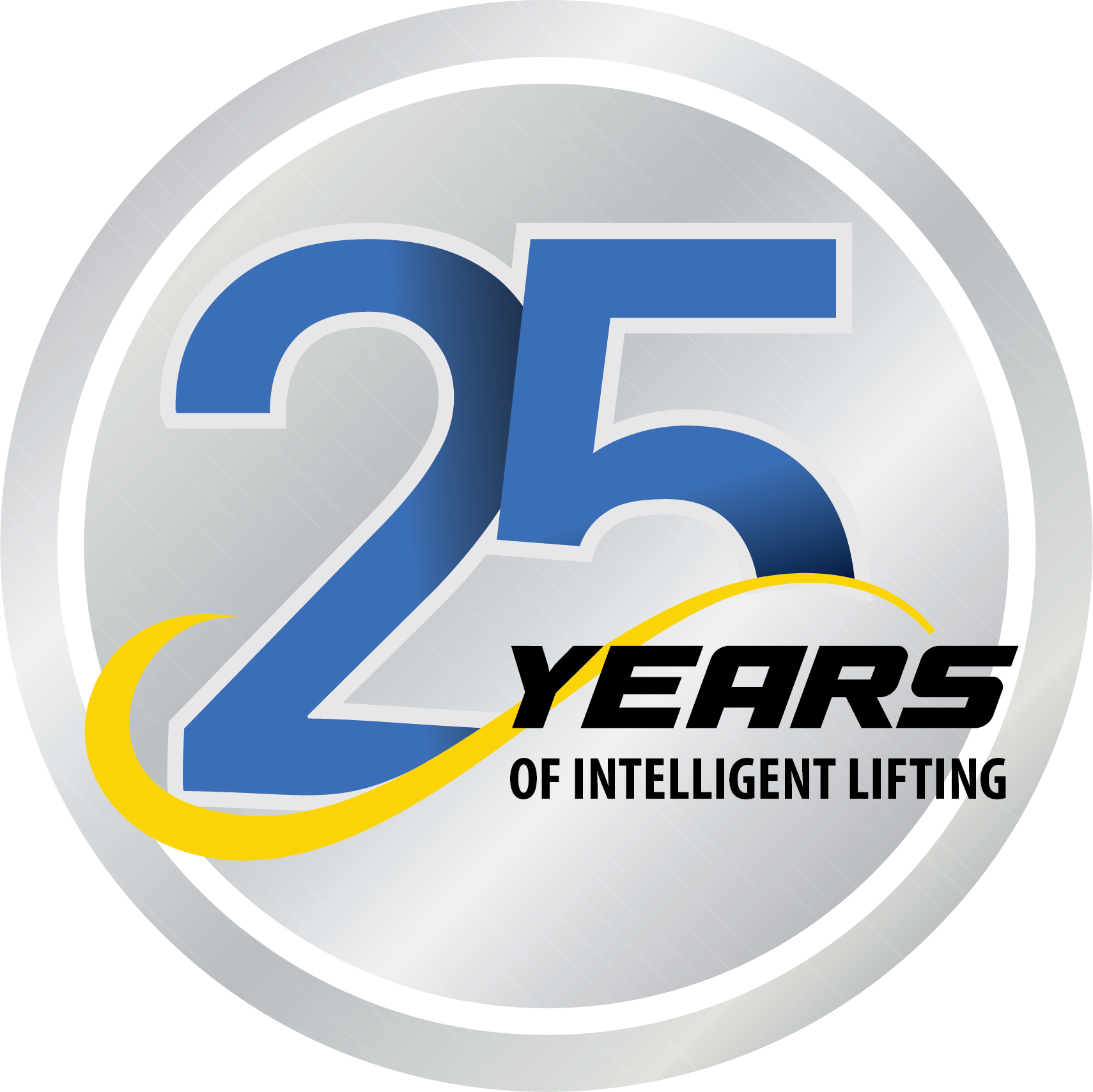Taking Industry 4.0 to the Next Level
In April 2018, Hannover Messe and CeMAT will open a window on a future in which digitized production, integrated energy systems and intelligent logistics solutions will radically change the way we live, work and do business.
In every smart factory scenario of the future, the starring roles will be played by two main factors: people and machinery. In order for them to achieve top performance, however, the power of digital integration will need to be leveraged to the fullest.
“The integration of automation technology, IT platforms and machine learning will take Industry 4.0 to the next level,” commented Dr. Jochen Köckler, Chairman of the Managing Board at Deutsche Messe. “With ‘Integrated Industry – Connect & Collaborate’ as its lead theme, Hannover Messe 2018 will enable visitors from all around the world to experience the completely new forms of business, work and collaboration that are being made possible by our increasingly connected, digitally networked industrial landscape. They will witness first-hand the benefits of integrated industry: enhanced productivity, future-proof jobs and exciting new business models.”
Machine learning, IT platforms and integrated industrial robots
The industrial landscape is changing fast. Factory technology is becoming ever more efficient, industrial IT platforms are readily available on the market, and more and more industrial subcontractors are digitally integrated into their customer’s value chains.
And now, with machine learning, machines and robots are increasingly able to make autonomous decisions. “Hannover Messe is the place to go to experience the rapid rise of Industry 4.0 and its benefits first-hand,” remarked Köckler. “The world’s leading manufacturers of automation technology, big-name robotics providers and global IT and software corporations will all be there, making the show an absolute global hotspot for Industry 4.0.”
The rapid rise of integration in production and logistics
Digitization is already a critical success factor in logistics, where one of the main challenges lies in managing complex processes and making them more efficient. This is certainly true of the interface between logistics and online retail. “The customer is king – he expects the world and he wants it right now,” is how Köckler described the challenge facing online retail – a sector where automated processes are still the exception rather than the rule.
The future of the sector depends on innovative logistics processes that can handle increasingly complex supply chains. The required logistics environment starts with automated warehouses, where all processes are managed by software and where robots work around the clock, moving autonomously through the halls and delivering goods to the right place, at the right time and in the right quantities.
Similar things are happening in manufacturing, where production and logistics processes are becoming ever more closely integrated through intelligent technologies as part of the ongoing quest to boost efficiency and flexibility and hence lower costs. At CeMAT, visitors will be able to experience the convergence of production and logistics for themselves.
“Given the lightning pace of integration between logistics and production processes, we will be offering visitors from all around the world an unprecedentedly comprehensive overview of current and emerging solutions for the future of logistics,” said Köckler.
Energy for production and power grids for electric mobility
Digitization is also transforming the energy industry. Innovative technologies are making our power systems more flexible, intelligently interconnecting different sectors and ushering in new market participants.
These key developments will be profiled in depth at Hannover Messe’s Energy show. The show will profile various energy efficiency solutions that will enable industrial companies to achieve enormous savings and make a major contribution to climate protection. It will also present the technologies and steps needed to successfully transition the world to sustainable energy systems.
“Everyone’s talking about the mobility transition, but the fact is, our power grids are simply not yet ready for the widespread use of electric cars,” explained Köckler.
The problem, according to the energy sector, is that electric mobility will result in much higher load peaks than are currently the norm. Moreover, eMobility won’t be able to deliver on its eco-friendly and sustainability promise unless the power it uses comes from renewable sources. Energy companies and municipal utilities around the world are embracing the electric mobility megatrend and its challenges and are starting to build the necessary infrastructure. Initiatives here include providing comprehensive charging station coverage, upgrading power distribution networks and building electrical “super highways”.
All of which comes down to digital integration – the challenge of intelligently interconnecting renewable energy sources, energy storage facilities and electric vehicles so that they all work together as a coordinated, seamlessly integrated system. “The solutions needed to create power grids that can make electric mobility feasible will all be on show at Hannover Messe,” summarized Köckler.
“The digitization of industry, energy and logistics is moving ahead at pace,” he added. “And the consequences of this development are not limited to individual industries or markets. They are affecting our society as a whole and indeed the entire global economy and the very nature of work. The opportunities are many, and if you want to seize them and be part of the future, then you can’t afford to miss Hannover Messe. Hannover Messe is the only trade show that provides the big picture on digitization and the integration of industry, energy and logistics.”
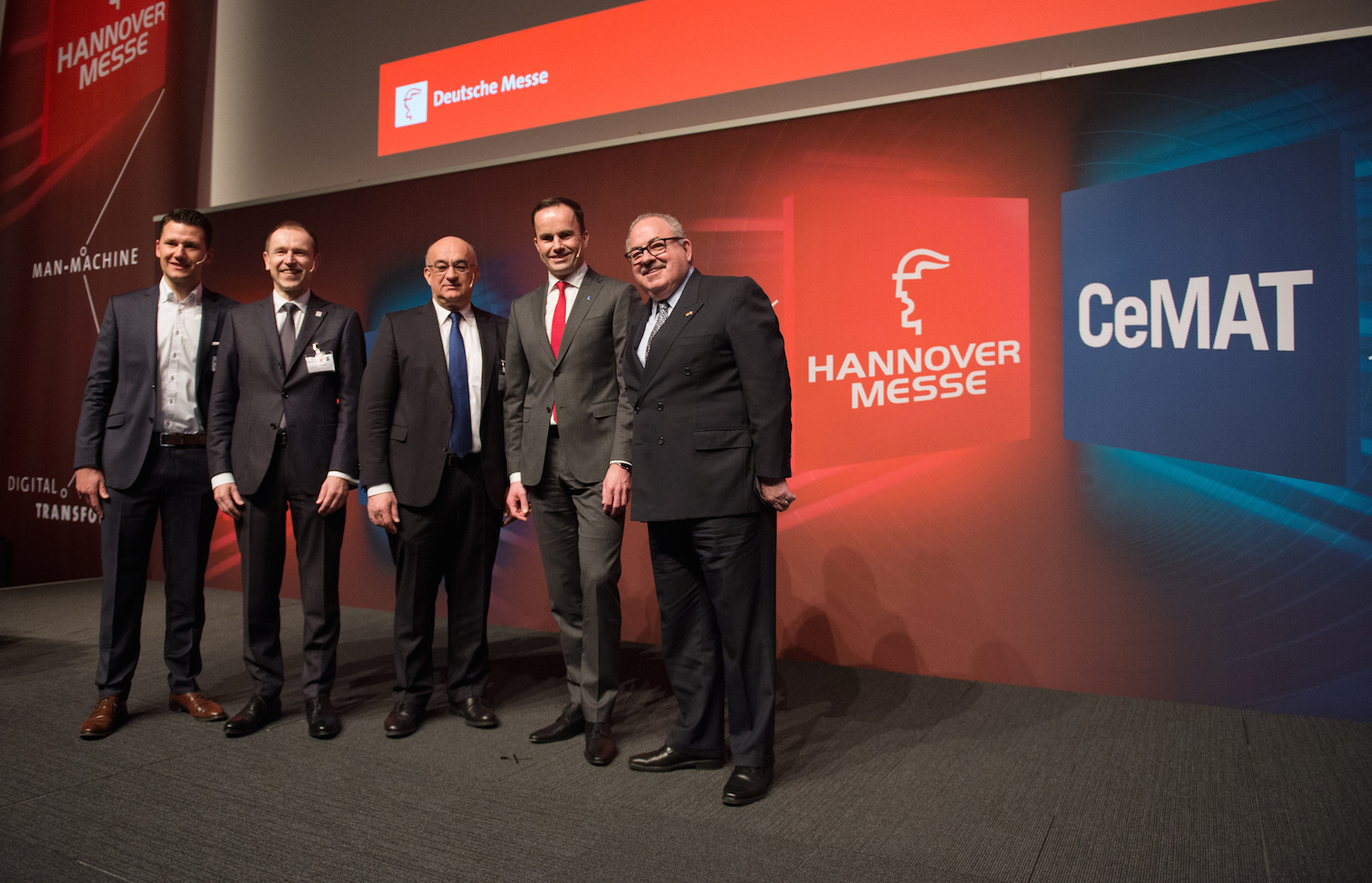
Deutsche Messe AG: (left to right) Lukas Zanger, COO and Co-Founder, Magazino GmbH; Dr. Klaus-Dieter Rosenbach, Chairman of the VDMA Materials Handling and Intralogistics Association and member of the managing board at Jungheinrich AG; Dr. Robert Bauer, CEO, SICK AG; Dr. Jochen Köckler, CEO, Deutsche Messe AG and S. E. Rogelio Granguillhome, Ambassador of the United Mexican States.
Hannover Messe – Get new technology first
The world’s leading trade fair for industrial technology will next be staged from 23 to 27 April 2018 in Hannover, Germany. With its core focus on “Integrated Industry,” Hannover Messe is the world’s leading showcase for the digitization of production (Industry 4.0) and energy systems (Integrated Energy). The upcoming Hannover Messe will feature six parallel shows: Industrial Automation, Motion & Drives, Digital Factory, Energy, Industrial Supply and Research & Technology. Mexico will star as the Partner Country of Hannover Messe.
CeMAT – world’s leading trade fair for intralogistics and supply chain management
The parent CeMAT is held every two years in Hannover, Germany, right alongside Hannover Messe. CeMAT will next be staged from 23 to 27 April 2018, when it will cover every aspect of logistics, e.g. energy-saving forklifts and industrial trucks, sophisticated, fully automated handling systems, cranes, hoists, aerial working platforms, rack and warehousing systems as well as the latest in control systems and logistics IT. Also on the agenda will be Auto ID systems, robotic logistics and packaging technology.


